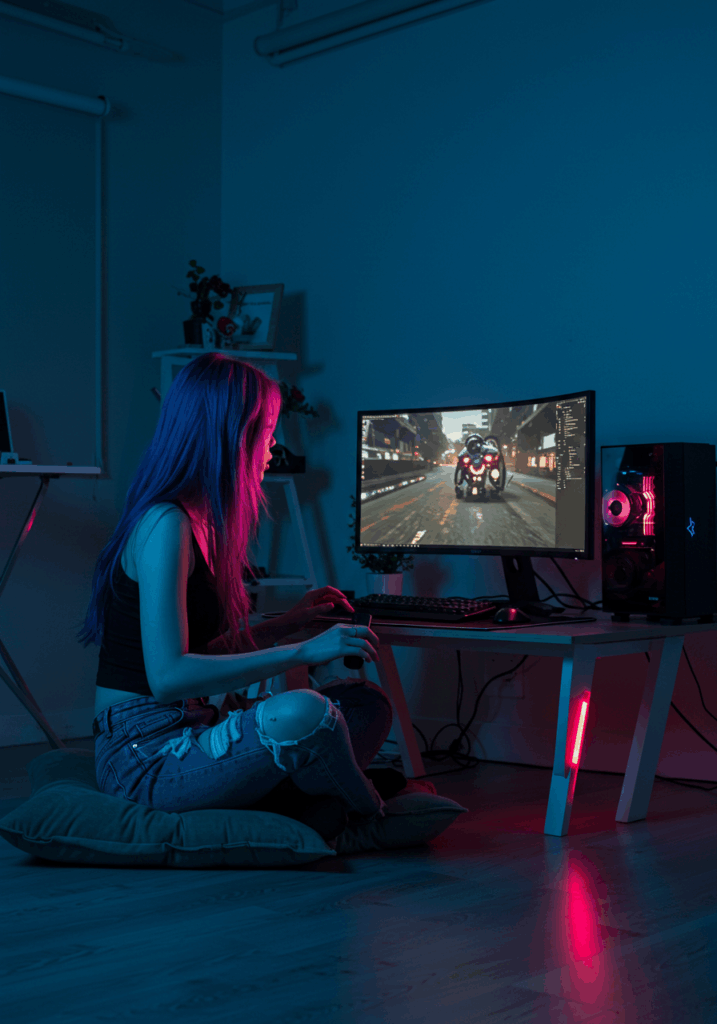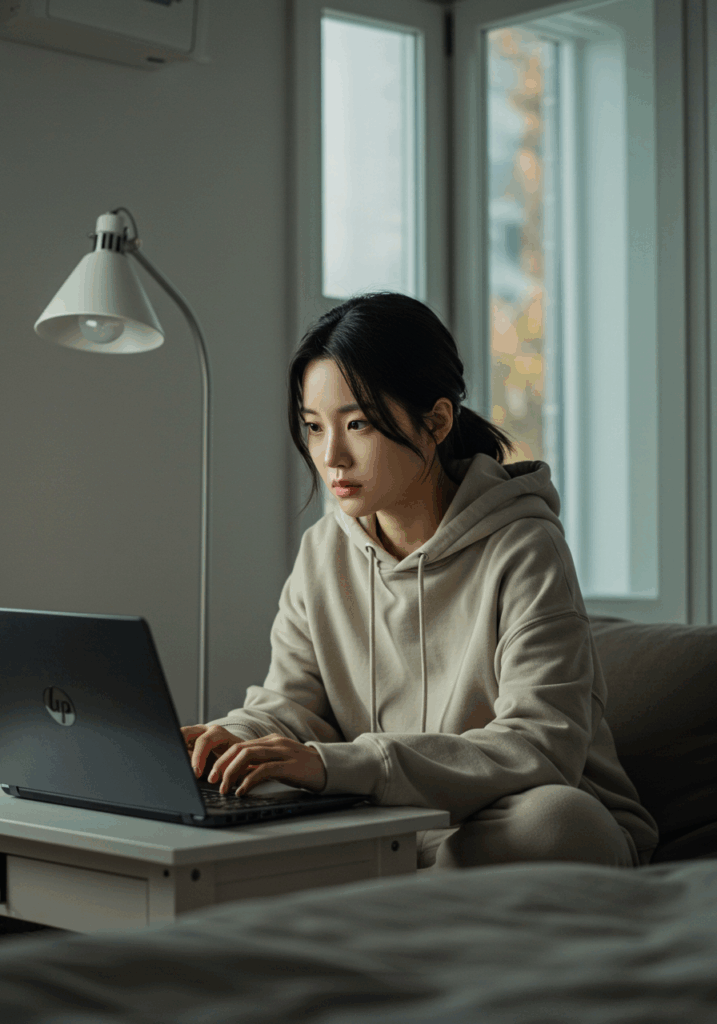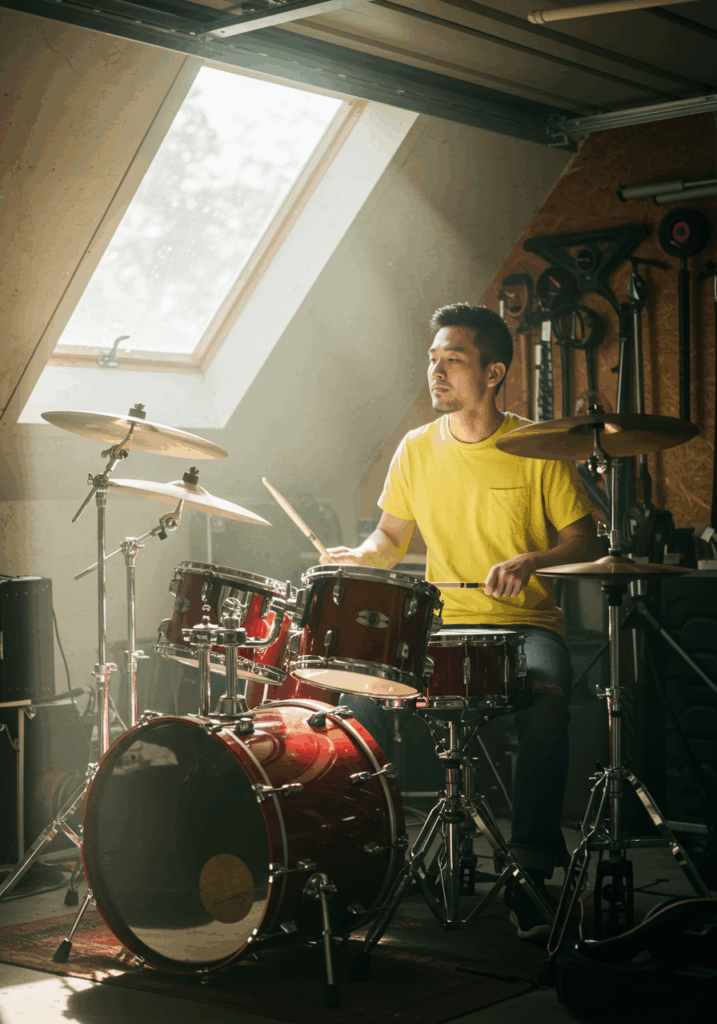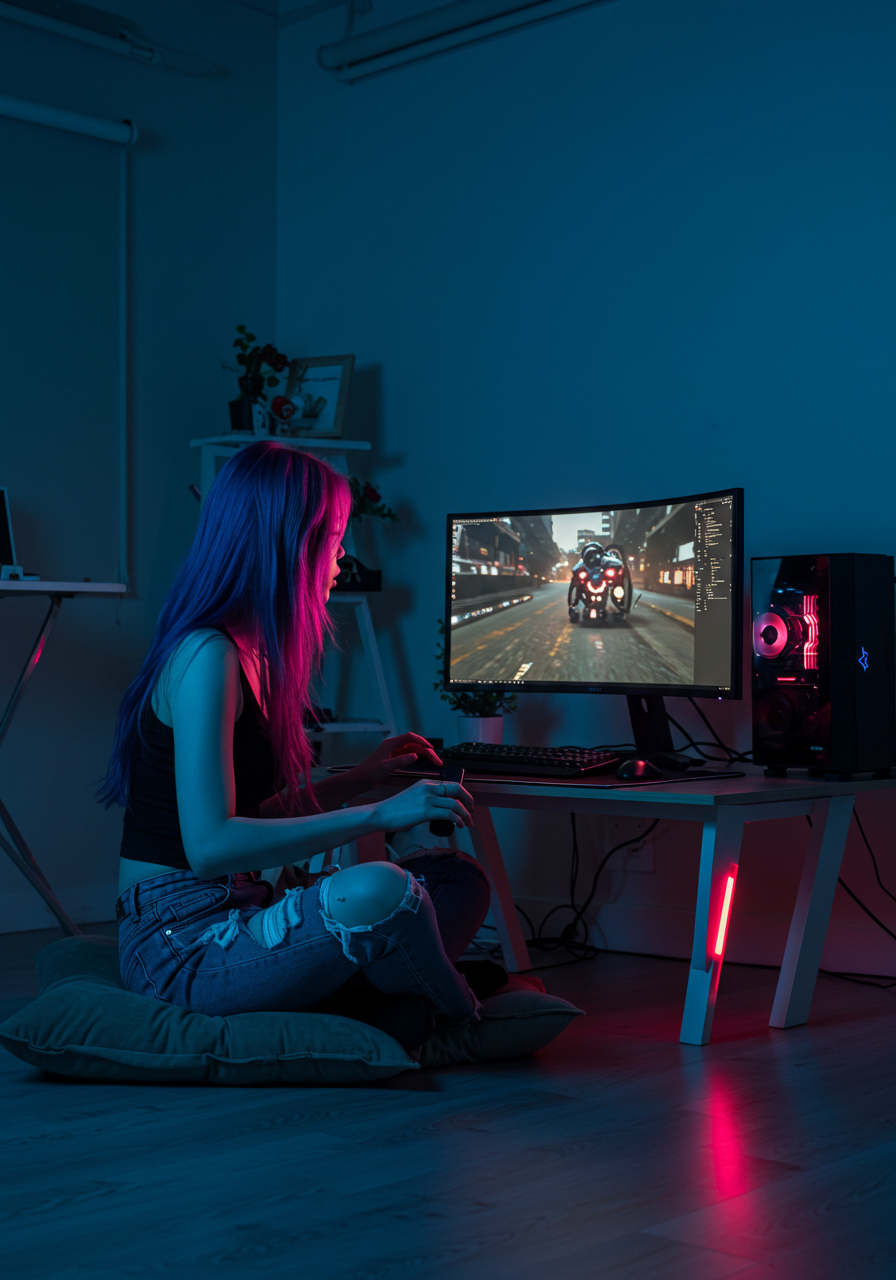
Alone by Choice
The nation of Korea which used to emphasize group orientation now experiences a subtle cultural transformation. More and more young people embrace the concept of being alone as they find joy in this state. The “혼자 놀기” (honja nolgi) culture has emerged to represent a fundamental change in how Korean MZ Generation members view independence as well as happiness and self-care practices.
The change does not stem from feeling lonely. This concept represents personal independence which allows you to choose your actions freely at any time and in any manner without needing others.
From Taboo to Trend
Dining alone at a restaurant used to bring awkwardness in the past. Restaurants together with cafes now specifically welcome customers who dine alone. Restaurants now offer individual seating areas together with solitary noraebangs (karaoke rooms) and “1인 캠핑장” (one-person campgrounds) which provide peaceful solitude.
The practice which society used to view negatively has evolved into a modern social pattern. Young Koreans openly share their solo experiences on social media through hashtags which include #혼밥, #혼영, #혼캠 and #혼자놀기. These social media posts showcase warm lighting together with peaceful surroundings as people choose to spend time with themselves rather than feeling forced to do so.

Why Go Solo?
Korean life presents numerous challenges because of its demanding work hours, academic stress and crowded cities and fast-paced lifestyle. The MZ generation experiences persistent stimulation in their lives. People use solo time to reset their minds. People use solo time to rediscover themselves instead of trying to avoid social contact.
Various individuals explain that solo activities enable better concentration while providing liberty from societal pressures and enabling authentic enjoyment of personal interests. These solitary activities including reading at a café or museum exploration or hiking provide individuals with mental clarity.
Solo Doesn’t Mean Silent
People misunderstand solo culture because they mistake it for social avoidance when it actually represents unique social connections. People continue to share their solo activities through digital platforms. People document their one-person ramen meals as well as their solo camping adventures and their personal thoughts during independent travel.
The practice of digital sharing creates a communal bond around solitary experiences. The digital sharing of solo activities creates a sense of reassurance which shows that being alone does not equate to being strange but rather provides value. Some people view it as something they hope to achieve in the future.
Self-Care, Not Isolation
The solo trend indicates a transformation in what people consider to be self-care. The modern approach to self-care now includes spending time in solitude and reflecting on emotions and performing personal practices instead of traditional spa days or luxury activities.
Korean Gen Z and Millennials use solo culture as a way to establish their personal definition of happiness. The message states that one does not require the presence of others to find pleasure in life. You are enough.

Conclusion
The Korean practice of “playing alone” no longer represents loneliness — it reflects independence, peace, and personal choice. For the MZ Generation, spending time with oneself is not only acceptable, it’s admirable. Through solo culture, they are learning to enjoy their own company and rewrite the rules of happiness.
Meaning-Out in Korea: When Buying Becomes Belief
Hyperlocal Travel : How Gen Z Finds Adventure Next Door
Cafe Hopping in Korea: Aesthetic Escapes of the MZ Generation
